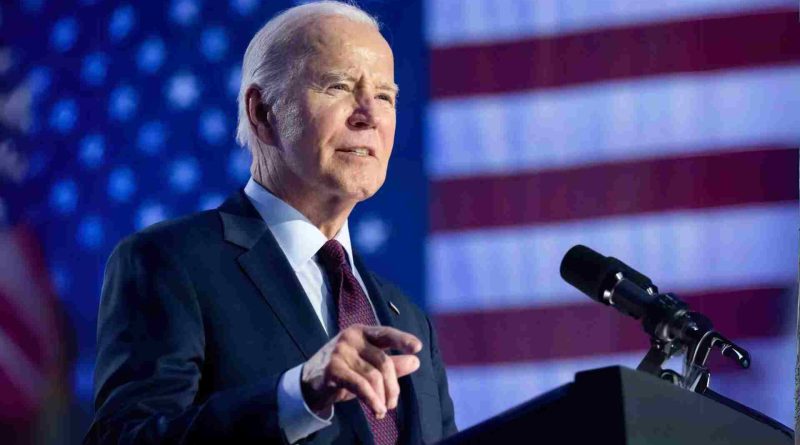Navigating the Judicial Maze: Joe Biden and the Supreme Court Conundrum
In contemplating the hypothetical scenario of Joe Biden’s approach to a Supreme Court that appears disconnected from public sentiment, the central query emerges: not whether Biden entertains the concept of court packing, but rather how he might rectify decades of pronounced conservative activism.
Amidst the enthusiasm surrounding Joe Biden’s steadfast refusal to expound upon his stance regarding Supreme Court “packing,” his stance bears merit, particularly in light of the uncertainty surrounding Justice Amy Coney Barrett’s future jurisprudence. Will Barrett adjudicate cases solely on their legal merits, or will ideological leanings dominate her decisions?
During her appearance before the Senate Judiciary Committee, Barrett avowed to transcend partisan influences. She asserted that policy determinations should fall within the purview of the elected political branches, which are accountable to the populace. Implicit in her statement is the belief that courts ought not to usurp this function.
Nevertheless, apprehensions persist regarding Barrett’s prior expressed opinions. In a scholarly piece, she critiqued the 2012 Supreme Court ruling that upheld the Affordable Care Act, suggesting that adherence to originalist principles precludes judicial leniency towards statutes whose text indicates otherwise. This viewpoint has sparked concerns that Barrett might not only nullify the Obamacare decision but also challenge other precedents, such as abortion rights, rooted in contentious legal doctrines. Of particular concern is the perceived alignment of her views with those of the Federalist Society.
The Federalist Society’s Ascendancy
Established at Yale in the early 1980s, the Federalist Society champions the doctrine of originalism, advocating for a strict interpretation of the Constitution in accordance with the framers’ intent. Its influence burgeoned during the Reagan era and solidified under subsequent Republican administrations, including that of George W. Bush. The Society’s imprint on the judiciary is substantial, with a significant portion of federal appellate and Supreme Court appointments drawn from its ranks.
Many progressives perceive the Federalist Society as an existential threat to democratic governance, viewing its collaboration with Republican factions as a concerted effort to leverage the judiciary for partisan gains. This assertion, articulated by scholars Nancy Scherer and Banks Miller in the Political Research Quarterly, underscores the society’s role in reshaping the federal bench.
Undoubtedly, the Republican Party, in tandem with the Federalist Society, has pursued an assertive agenda of judicial transformation. The postponement of Merrick Garland’s Supreme Court nomination during the Obama administration, juxtaposed with the expeditious confirmation of Barrett under Trump’s tenure, exemplifies this partisan maneuvering.
Trump’s strategic reshaping of the judiciary has yielded substantial outcomes, as evidenced by the appointment of numerous appellate and district court judges. This concerted effort, facilitated by the Senate’s Republican majority, underscores the administration’s commitment to ideological alignment within the judiciary.
Addressing Judicial Imbalance
Given the prevailing conservative tilt of the federal judiciary, the crux of the matter for Biden lies not in his stance on court packing but rather in his strategy to rectify decades of entrenched political activism. Should a scenario arise wherein the Supreme Court diverges markedly from public sentiment, what recourse does Biden envision? Is surrendering to a judiciary out of sync with the populace the only viable option, given the lifelong tenure of judicial appointments? Or does a proactive response entail challenging the status quo through institutional reform?
Analogous to a pugilist confronted with an adversary wielding unconventional weaponry, Biden must confront the reality of a political landscape fraught with tactical maneuvers aimed at consolidating power. In such a milieu, adherence to traditional norms may prove futile, prompting a reassessment of strategies tailored to navigate the complex interplay of institutional dynamics.

